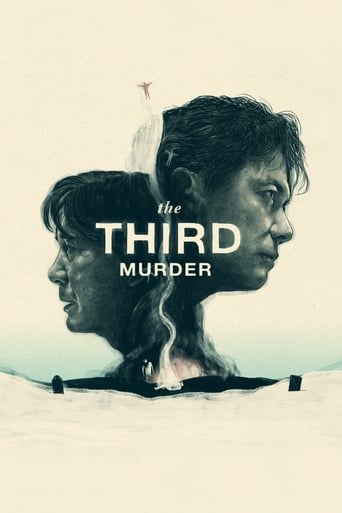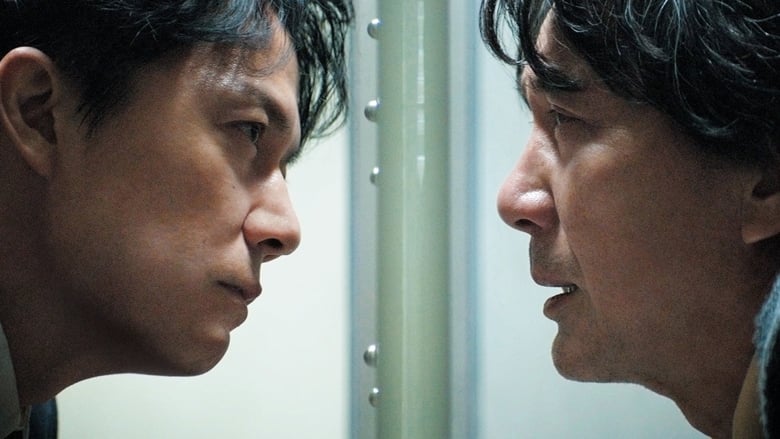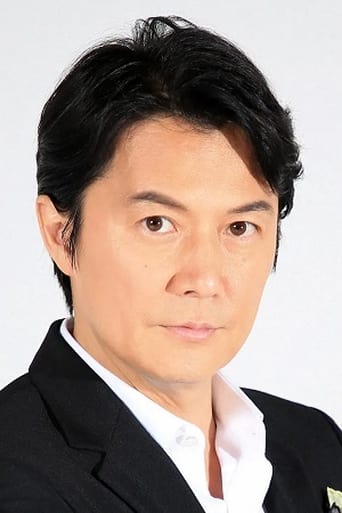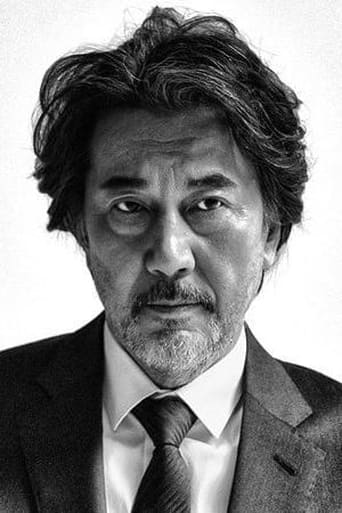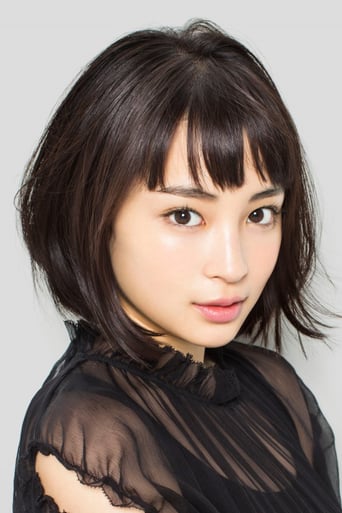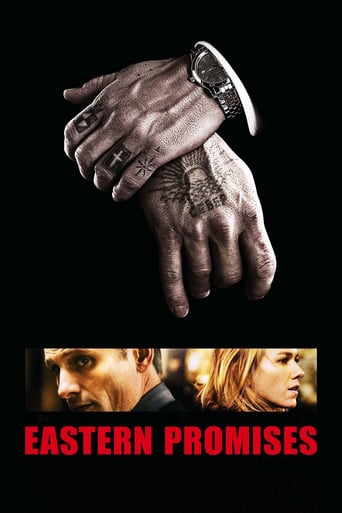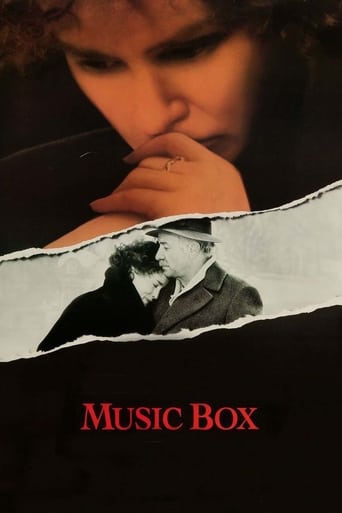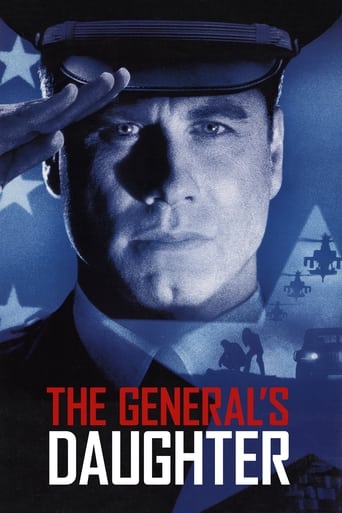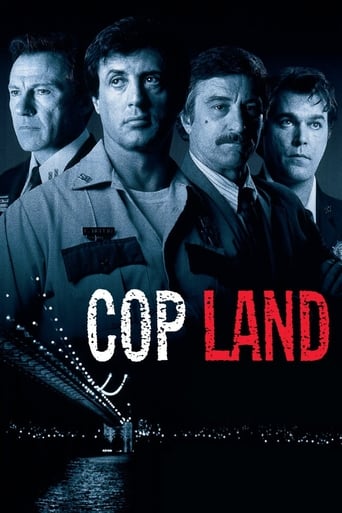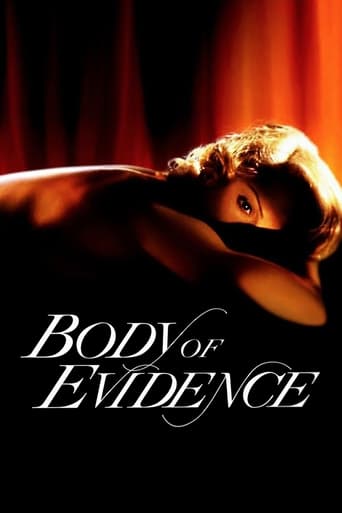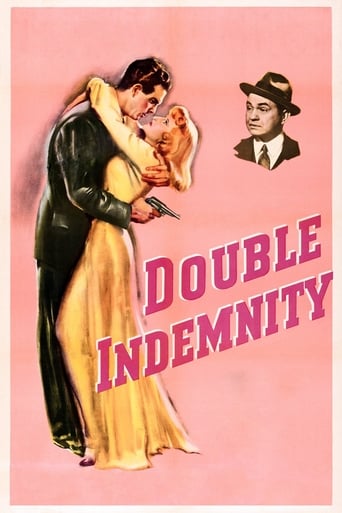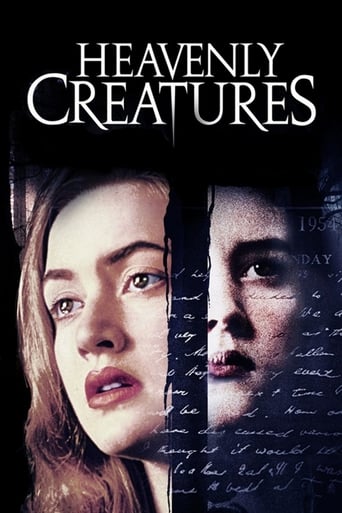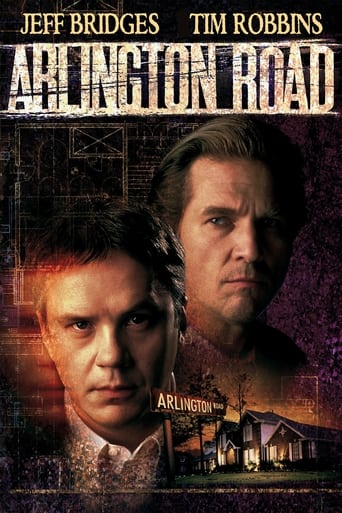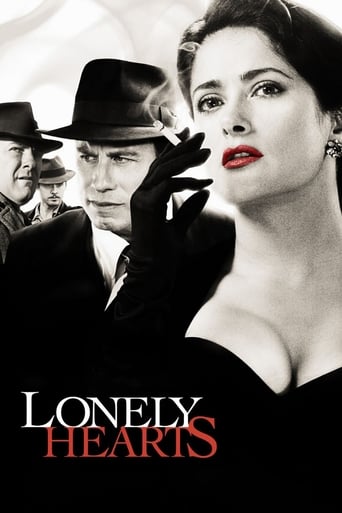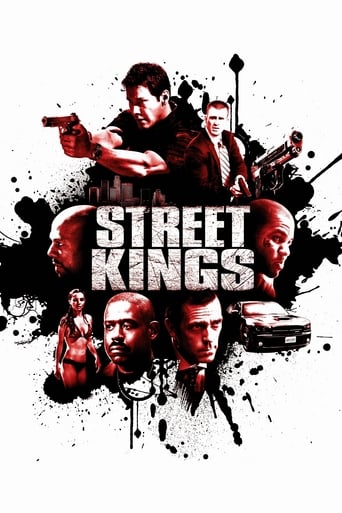The Third Murder (2018)
A lawyer tasked with defending a robbery-and-murder suspect begins developing doubts about what truly happened.
Watch Trailer
Cast


Similar titles
Reviews
If you don't like this, we can't be friends.
From my favorite movies..
Captivating movie !
It's an amazing and heartbreaking story.
The Third Murder is a gloomy courtroom drama that deals with complex topics like control, fatherhood and righteousness. The story revolves around young lawyer Shigemori who is asked to defend mysterious Misumi. His father once defended the strange man when he committed murder in the past and he managed to change his impending death penalty into a life imprisonment sentence. Soon after his release from prison, Misumi admits to have killed his former boss in order to steal his wallet and settle some gambling debts. However, Misumi soon starts offering different versions of what actually happened. Shigemori is unable to figure his client out but determined to win the case. He starts investigating the complex case himself and stumbles upon the victim's quiet wife and their handicapped daughter who seem to have something to hide. While trying to win the case, Shigemori doesn't only learn more about the lives of everyone involved but about his own family life.The Third Murder is a movie that is quite tough to watch. Its pace is particularly slow. The investigation process is contradictory, difficult and inconclusive. The film doesn't offer any shifts in action or tension. The conclusion won't please those who are expecting a dynamic crime flick. However, this film has an almost hypnotically gloomy atmosphere that gives it its very own style from start to finish. The characters are quite intriguing because they are difficult to figure out. Protagonist Shigemori almost pales in comparison to his fascinating client Misumi who meanders between being a manipulative madman, a calm sage in harmony with himself and a mentally broken elder. The dialogues are particularly well-written. The acting performances are quite credible and almost make the movie seem to be a documentary. The locations suit the sinister atmosphere very well as they manage to look beautiful despite their bleak darkness. The calm and precise cinematography completes the picture of this soulful drama.In the end, you will appreciate The Third Murder if you are ready to watch a slow-paced courtroom drama with an inconclusive plot but intriguing characters and gripping atmosphere. This movie most certainly isn't for everyone but it's good at what it's attempting to be. Patient viewers will be rewarded with some intellectual food for thought.
Some movies just grab you. nothing happens here. it's very quiet. some lawyers investigating a murder. that's it. several folks walked out. I loved it. your move.
The defense attorney Shigemori (Masaharu Fukuyama) is summoned to help his coworkers in a murder case. The prisoner Misumi (Kôji Yakusho) has confessed the murder of his former boss and factory owner that was burnt to ashes nearby a river to rob his wallet to pay debts in gambling. Misumi will face death penalty since thirty years ago he killed another man and was defended by Shigemori´s father. Shigemori´s purpose is to change the sentence from death penalty to life. Shigemori is not satisfied with the lack of evidences of the case and notes that Misumi changes his testimony in each interview. He decides to investigate deeper the case and questions the true motive for the murder. "Sandome no satsujin", a.k.a. "The Third Murder", is a tribunal and fatherhood drama with a screenplay with many twists. The storyline is based on a murder case with a confessing defendant and his new attorney seeking evidences to learn the truth. In common, there is the fatherhood: Shigemori is an absent father due to his dedication to his profession. Misumi is also an absent father since he has spent his last thirty years imprisoned. The victim was an abusive father and Misumi connects to his daughter as a second chance in life. In the end, was the murder to pay a debt with the Yakuza or a righteous justice act? My vote is seven.Title (Brazil): "O Terceiro Assassinato" ("The Third Murder")
I've just managed to catch up with this quite elusive film as I'm a big Akira Kurosawa film and from what I saw from the description and trailer, this would seem to be Koreeda's 'Kurosawa' film - there are obvious references to both Rashomon and High and Low. The film indeed is clearly influenced by both those films, with a bit of Kurosawa's lesser known court drama Scandal thrown in. The plot follows a lawyer, asked by a colleague to assist with a seemingly straightforward capital punishment case. A middle aged man called Mizume is accused of, and has confessed to, the murder of a factory owner, and the theft of money. Mizume had only just been released after a long prison sentence for a previous murder. The lawyers job is to avoid the death penalty by trying to muddy the waters around the murder, and perhaps suggest it was an impulsive act and not planned (from what I can understand, Japanese law tends to have a range of gradations of homocide, with the judge ultimately deciding if it was serious enough for the death penalty). The job of the lawyers is complicated by the apparent passivity of Mizume, and his constant changing of his story. At first, his explanations are just vague and contradictory, but he then states that he killed the man because he was paid by the mans wife to do so. As the main lawyer, Shigemora, digs deeper, he finds yet another possible motive.I won't give away the ending, except to say that there is a 'probable' reason given in the end, but so many versions are given its not entirely clear what happened, or (seemingly the core question of the film) whether the truth is relevant at all to the operation of justice. Shigemora is caught in a Rashomon like situation of not knowing whether there is any one real truth, and whether knowing, or exposing, this truth is in any way relevant, morally, ethically or legally. While the film sort of hedges the line between being a procedural and a more philosophical exploration of justice and truth (which reminded me a little of some recent Korean films such as Memories of Murder and Mother) the film also shows clear influence from High and Low as the main protagonist agonises over the guilty mans motivation, and starts to identify with him - shown rather allegorically in their prison conversations, with one face 'reflected' over another.Rather like Kurosawa with Scandal and High and Low, the film seems to reflect the Directors concerns with the operation of justice in Japan, although those concerns seem pretty universal. In particular, the question of whether 'justice' and 'truth' are in any way compatible. Rather like Kurosawa's early films on the topic, the approach is perhaps a little too didactic for audiences not up to speed on the operation of the Japanese system.As a film, I found it quite engrossing, while simultaneously a little frustrating. Koreeda is famous for a very deliberate, slow approach which in his best work absorbs the viewer into the life of his characters. Unfortunately, this type of film I think requires a more dynamic style, and the film is somewhat one-paced. Worse, it is hamstrung by some rather clunky didactic dialogue (the lawyer is followed everywhere by a young assistant, always asking stupid and naive questions which seem to have no other purpose than to explain to the audience what we are seeing), and some heavy handed metaphors. The two leads are good in the roles, but there is quite poor acting in some of the lesser roles - I think mostly due to the undercooked script and somewhat contrived plotting. I can't help feeling that Koreeda was trying to get something off his chest with this film, and found himself with a type of film making he's not really comfortable with.So while the film is certainly quite gripping, and I found the insights into the Japanese court system very interesting, this is nowhere near the Directors best film. Its certainly worth anyones time with an interest in Japanese cinema to watch it, but be prepared I think to be a little disappointed if you are either a Koreeda fan (I certainly am), or for that matter, a Kurosawa fan.

